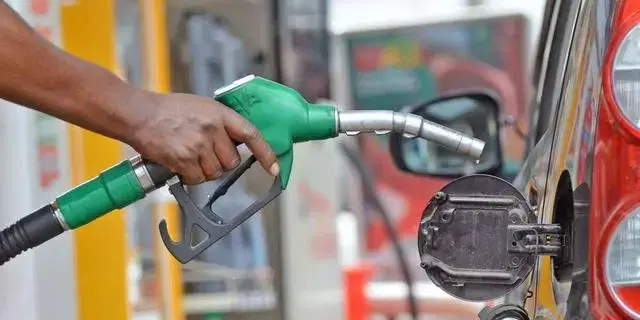The Federal Government disclosed that Nigeria now imports 25 million litres of petrol daily, meeting national consumption demands.
Local refineries supply the remaining 25 million litres, ensuring total daily consumption averages 50 million litres across the country.
Officials clarified that domestic refining companies are not involved in importation, focusing solely on local petroleum product supply.
Speaking in Abuja after a stakeholders’ meeting, Mr. Ogbugo Ukoha emphasized the need for imports to prevent petrol scarcity.
He explained that daily petrol supply averaged 66 million litres from 2021 to 2023 before the subsidy removal.

Consumption declined sharply after President Tinubu announced subsidy removal on May 29, 2023, dropping to 50 million litres daily.
Ukoha stated that local refineries contribute less than half of this total, with imports covering the remaining daily shortfall.
He confirmed that the shortfall aligns with the Petroleum Industry Act’s provisions, ensuring stable fuel supply nationwide.
FG Bans 60,000-Litre Petrol Tankers
Ukoha announced that 60,000-litre capacity tankers would be banned from transporting petroleum products beginning March 1, 2025.
The Nigerian Midstream and Downstream Petroleum Regulatory Authority imposed the ban despite protests from truck owners nationwide.
The National Association of Road Transport Owners (NARTO) warned that the ban threatens N300 billion invested in 2,000 trucks.
Ukoha attributed recent petrol tanker fires and road damage to these large tankers, justifying the impending transportation restrictions.
The decision followed a stakeholders’ meeting involving DSS, FEMA, NUPENG, SON, MEMAN, PETROAN, and other key agencies.
The government maintains that these new transport regulations are essential for protecting road infrastructure and ensuring safety.
Stakeholder Reactions
Industry stakeholders expressed concerns over distribution disruptions, though the government insists the policy ensures public safety.
The petrol consumption drop from 66 million to 50 million litres reflects market adjustments following the subsidy removal.



